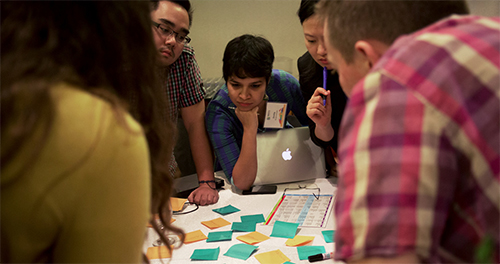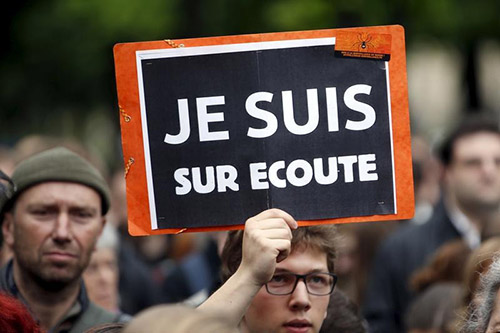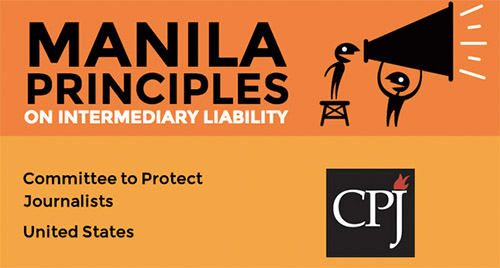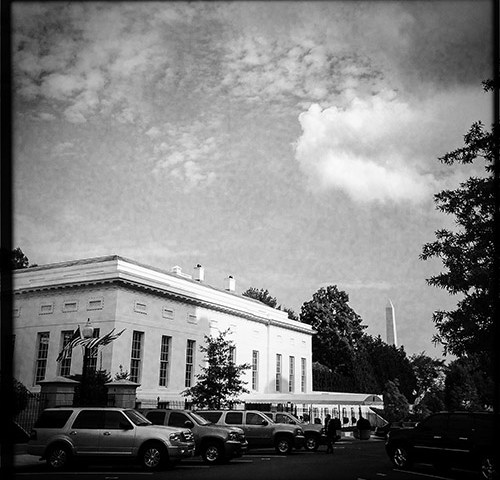Geoffrey King/Technology Program Coordinator
San Francisco-based CPJ Technology Program Coordinator Geoffrey King works to protect the digital rights of journalists worldwide. A constitutional lawyer by training, King also teaches courses on digital privacy law, as well as the intersection of media and social change, both at UC Berkeley. Follow him on Twitter at @CPJTechnology. His public key fingerprint is 4749 357C E686 71B1 4C60 F149 9338 5A57 27FA 494C.

How RightsCon brings press freedom, technology and social change together
This week in San Francisco, CPJ’s Technology and Advocacy teams will participate in RightsCon 2016, an annual conference focusing on human rights and technology. Organized by digital rights group Access Now, RightsCon is one of the most important regular gatherings on technology policy, and the conference has been the site of effective discussions around issues…
Computer security is necessary for journalist safety
EDITOR’S NOTE: This article was originally published, in Spanish, in El País. This week, journalists, technologists, and other human rights advocates will gather in Valencia, Spain for the Internet Freedom Festival, a multidisciplinary “un-conference” dedicated to fighting surveillance and censorship online. More than 600 people from 43 countries have registered for the festival, which is…
Save Crypto: CPJ joins call for Obama to back strong encryption
The Committee to Protect Journalists has signed a petition organized by digital rights groups Access and the Electronic Frontier Foundation, urging President Barack Obama to publicly commit the U.S. to a policy of supporting strong encryption. Since the Save Crypto petition’s launch on September 29, it has gathered nearly 18,000 signatures, including about 30 from…

CPJ joins call to oppose draft surveillance law in France
The Committee to Protect Journalists has joined 30 other press freedom and digital rights groups in calling on the French government to reject a draft law on surveillance. The open letter, submitted yesterday to members of parliament, warns against giving authorities greater powers to spy on communications.

CPJ backs Manila Principles to help protect Internet intermediaries
The Committee to Protect Journalists has signed on to the Manila Principles, a set of best practices launched at RightsCon 2015, a digital rights conference CPJ attended in the Philippines in March. With journalists facing increased risks, the principles offer a way to protect the platforms on which they rely.

Has White House finally got the message about strong encryption? Welcome shift seen in speeches and policy memo
Yesterday, during a panel on encryption policy hosted by Just Security, an online forum covering national security law and policy, top U.S. intelligence lawyer Robert S. Litt pressed the case for engineering backdoors in encryption without undermining computer security as a whole. As CPJ has documented, leading security and policy experts consider this impossible.
Hacking Team leak underscores complexity of regulating software
Among the 400 gigabytes of internal documents belonging to surveillance firm Hacking Team that were released online this week are details of the company’s dealings with some of the most oppressive governments in the world. The revelations, which have generated alarm among privacy, security, and human rights advocates, have also fueled debate around the esoteric…